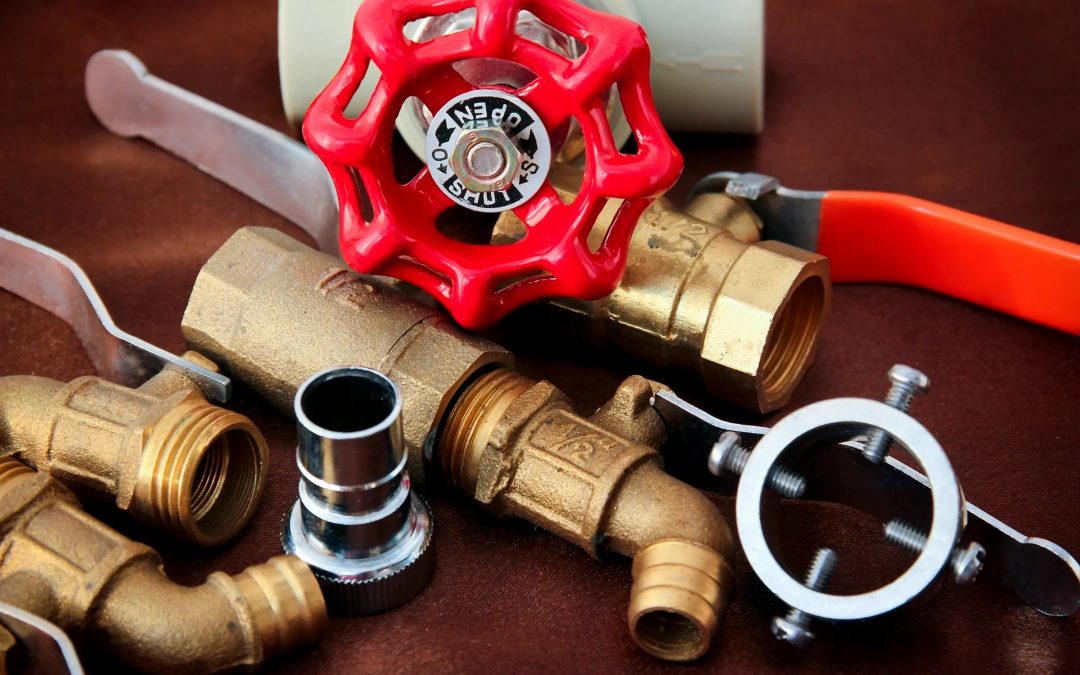The best type of heating and cooling system depends on various factors, including your specific needs, location, budget, and energy efficiency goals. Here are some common facts to consider:
Furnace and Air Conditioner: A traditional HVAC system that uses a furnace to heat air in the winter and an air conditioner to cool air in the summer. It’s widely used and can be effective in most climates, but it might not be the most energy-efficient option.
Heat Pump: Heat pumps are versatile and can provide both heating and cooling services in canberra using electricity. They work by transferring heat from one place to another, making them more energy-efficient compared to traditional furnaces and air conditioners. However, they may be less efficient in very cold climates.
Geothermal Heat Pump: These use the stable temperature of the earth to heat and cool your home. They are highly efficient and environmentally friendly but can be more expensive to install initially.
Ductless Mini-Split System: These systems consist of an outdoor unit connected to one or more indoor units and do not require ductwork. They are excellent for room-specific heating and cooling, and they can be more efficient than traditional systems.
Radiant Heating: This involves heating the floors or walls, providing a comfortable and even distribution of heat. Radiant heating can be efficient, but it’s more commonly used for heating rather than cooling.
Evaporative Cooler: Also known as a swamp cooler, this system cools air by passing it through water-soaked pads. It’s more energy-efficient than traditional air conditioners in dry climates but less effective in humid regions.
Solar HVAC System: Integrating solar panels with your HVAC system can significantly reduce energy consumption and utility costs, making it an environmentally friendly option.
To determine the best heating and cooling system for your specific situation, consider consulting a professional HVAC contractor. They can assess your home’s characteristics, climate conditions, and energy requirements to recommend the most suitable system for you. Additionally, look for systems with good energy efficiency ratings and consider your long-term cost savings and environmental impact when making your decision.


Recent Comments